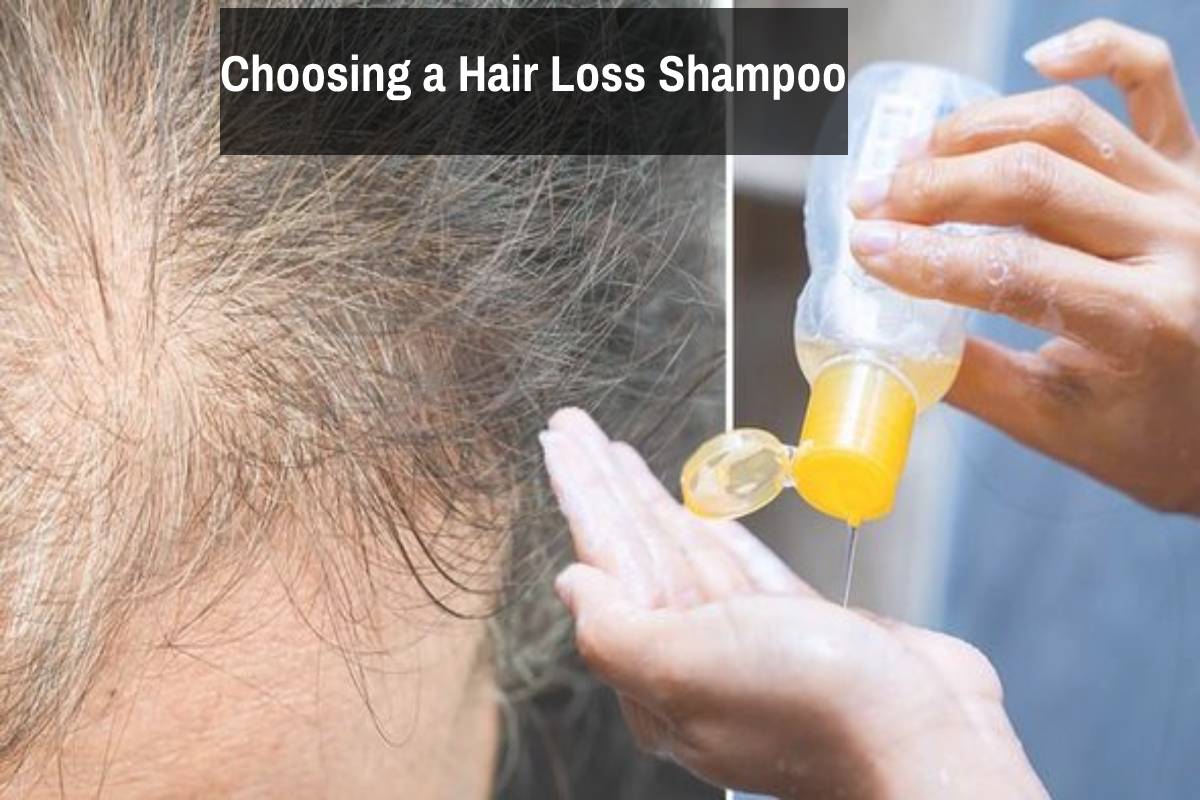Table of Contents
What is your Hair Type?
Hair Loss Shampoo is a crucial issue to consider before buying a hair loss shampoo. It is essential to know what category your hair type falls into. Do further research or contact an expert who can tell you if you have dry, oily, or combination hair. Using a hair loss shampoo that focuses on one type and misuses it is not practical and is at no risk of raising current problems.
Also Read: A Beginner’s Guide to Hair Removal – Beauty Smasher
Find the root of the problem
Instead of trying a newly launched product or accidentally buying another hair loss shampoo based on a not expert tip, try to find out the cause of your hair loss. The wrong products, dandruff, itchy scalp, hair treatments or dyes, or other specific problems may cause additional hair loss. Choosing shampoos that focus on helping these particular problems can lead to drastic results in eliminating hair loss pain and helping you achieve healthy hair.
What to Avoid?
In the search for the most appropriate anti-hair loss shampoo, one should also be aware that although some advertisements or product descriptions promise an excellent removal of their hair problems, they can also have harmful side effects. Be very careful, even if you have specific allergies. The high constancy of chemicals like parabens and sulfates can do more harm than good. Pay attention to the ingredients that are selling and research / inform yourself well before making your purchase.
Natural Ingredients
Shampoos with natural extracts from nature’s many gifts tend to be more effective and safer for the hair. Hair loss shampoo containing castor oil, onion mass/oil, amla extracts, etc., can reduce hair loss and encourage new hair growth. They make the hair healthier and give it a nice shine.
PH Level in Shampoo
This point, which often goes unnoticed, is a very worrying question. Hair and scalp generally need shampoos that have an optimal pH level between 3.5 and 6.5. Higher or different unsuitable levels for your hair/scalp type can cause the hair follicles to weaken, resulting in more hair loss.
In addition to the more detailed points discussed above, some types of hair loss shampoos are suggesting for specific hair types:
Moisturizing and moisturizing shampoos are helpful for coarse, curly, or dehydrated and damaged hair types.
Anti-mug shampoo with nourishing and moisturizing content can help tame troubled locks and control mugs. Volumizing and healthy shampoos help limp and flat hair to achieve better volume and make it more nutritious.
Varied hair types can generally use balanced, mild shampoos that do not make the hair too dry or greasy. These types of shampoos are also often used by people who wash their hair more often than most.
Specific shampoos for curly, frizzy, straight/treated, or colored hair have the necessary nourishment and protection required by these hair types.
Remember to be careful when dealing with hair, massage oils, and shampoos without hardness and hardness so that no amount of hair loss shampoo can help your condition.
It is simply a guideline based on general assessments observed by the majority. These tips and tricks do not guarantee that you will never complain about hair loss again. Losing some hair loss is normal and nothing to worry. However, if your hair loss is uniform and in more significant amounts, you should contact an expert or visit a doctor soon.


